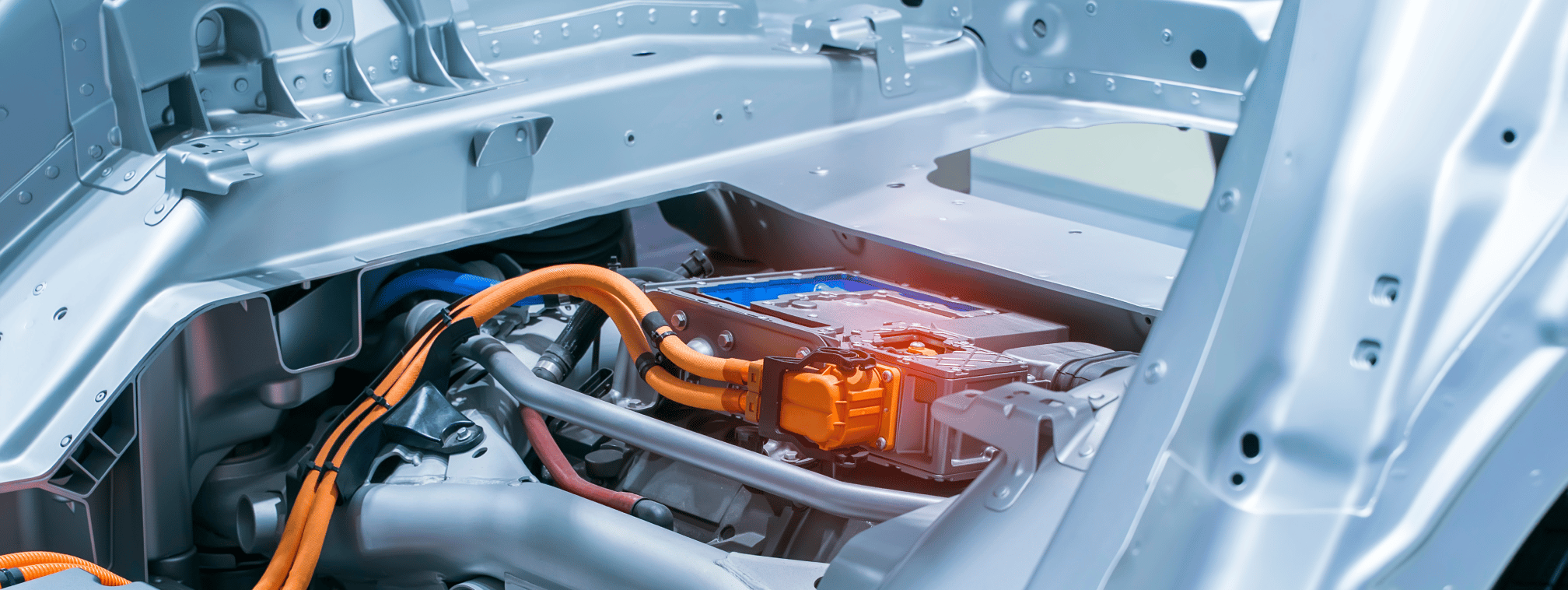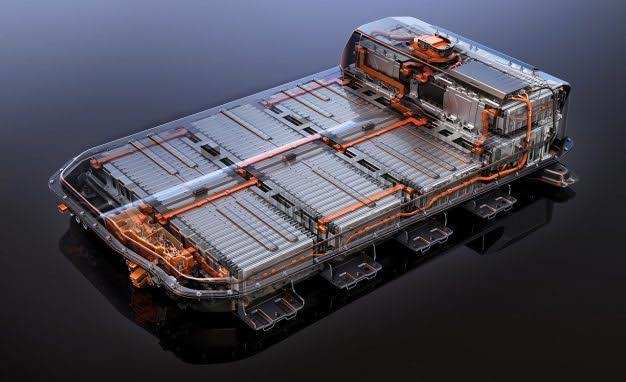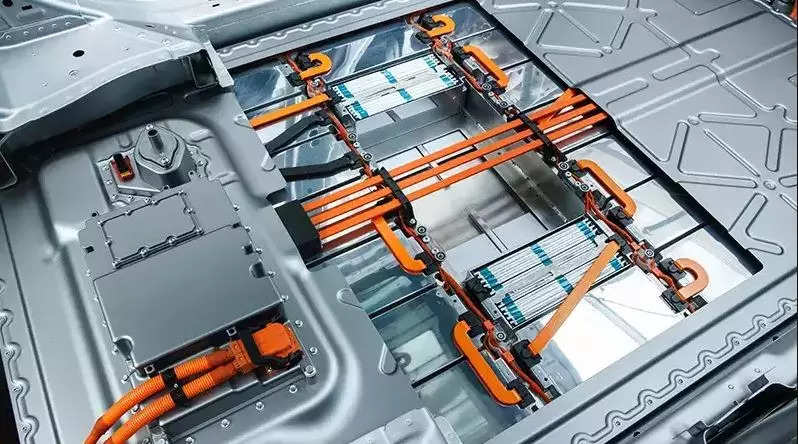France, Germany, and Sweden Urge EU Battery Sector Push to Avoid China Reliance: A Strategic Call for Energy Autonomy
The European Union (EU) has long faced challenges in achieving energy security and reducing dependence on external suppliers, particularly in the strategic and rapidly evolving battery sector. In recent years, the global demand for batteries, driven by the proliferation of electric vehicles (EVs) and renewable energy storage solutions, has escalated dramatically. However, a significant portion of the global supply chain for critical battery components is controlled by China, raising concerns about geopolitical vulnerabilities and supply chain resilience. Recognizing the urgency of the matter, France, Germany, and Sweden have jointly called for an accelerated push within the EU to bolster its battery manufacturing capabilities and achieve greater energy autonomy.

A United Call for Action: France, Germany, and Sweden Lead the Charge
At the heart of this strategic initiative are three of the EU’s most industrially advanced nations: France, Germany, and Sweden. These countries have underscored the need to establish a robust and competitive European battery sector, emphasizing the geopolitical, economic, and environmental imperatives of reducing reliance on China.
- France: The Drive for Strategic Sovereignty France has long championed the concept of “strategic sovereignty,” advocating for reduced reliance on external powers for critical technologies. French President Emmanuel Macron has repeatedly stressed the importance of re-industrializing Europe to meet the demands of the green transition. France’s active involvement in initiatives such as the European Battery Alliance (EBA) demonstrates its commitment to fostering a thriving domestic battery industry.
- Germany: Securing the Automotive Backbone Germany, as Europe’s automotive powerhouse, has a vested interest in ensuring a stable and competitive battery supply chain. The shift towards EVs is a cornerstone of Germany’s strategy to meet its climate goals, making domestic battery production crucial. German Chancellor Olaf Scholz has emphasized the need to protect Europe’s economic resilience against external shocks, particularly in the face of China’s dominance in battery materials and technology.
- Sweden: A Leader in Sustainable Innovation Sweden, home to Northvolt, one of Europe’s leading battery manufacturers, has positioned itself as a key player in the EU’s battery ambitions. The Swedish government and private sector have invested heavily in sustainable battery production, leveraging the country’s abundant renewable energy resources and technological expertise. Sweden’s leadership exemplifies how innovation and environmental stewardship can coexist in the pursuit of industrial growth.
The Geopolitical and Economic Stakes
China’s dominance in the battery supply chain is underpinned by its control over key raw materials such as lithium, cobalt, and nickel, as well as its advanced battery manufacturing capabilities. This dependency poses several risks for the EU:
- Supply Chain Vulnerabilities: Any disruption in the flow of materials or components from China could severely impact European industries reliant on batteries.
- Geopolitical Risks: The EU’s strategic reliance on China conflicts with growing tensions between Western democracies and Beijing, making diversification a pressing priority.
- Economic Competitiveness: Without a competitive domestic battery sector, Europe risks falling behind in the global EV race and losing economic opportunities.
The EU’s Strategic Response
Recognizing these challenges, the EU has initiated several policies and programs to build a self-sufficient battery ecosystem. Key initiatives include:
- European Battery Alliance (EBA): Launched in 2017, the EBA aims to support the development of a competitive and sustainable battery industry in Europe. It brings together stakeholders across the value chain, including policymakers, industry leaders, and researchers.
- Important Projects of Common European Interest (IPCEI): The EU has designated battery production as a strategic priority under its IPCEI framework, allowing member states to provide state aid for research and innovation projects.
- Green Deal Industrial Plan: As part of its broader Green Deal agenda, the EU has emphasized the need for sustainable battery production to support the transition to a low-carbon economy.
- Raw Materials Strategy: To reduce dependency on Chinese imports, the EU is investing in the domestic extraction and processing of critical raw materials, as well as recycling technologies to recover materials from used batteries.
The Role of Innovation and Collaboration
To achieve energy autonomy, the EU must not only scale up production capacity but also foster innovation and collaboration across borders. Key areas of focus include:
- Advanced Battery Technologies: Investing in research and development to improve battery efficiency, longevity, and safety is critical. Technologies such as solid-state batteries and lithium-sulfur batteries hold promise for the future.
- Circular Economy: Promoting recycling and reuse of battery materials can help reduce reliance on raw material imports and minimize environmental impact.
- Public-Private Partnerships: Collaboration between governments, industry, and academia is essential to accelerate progress and share the risks and rewards of innovation.
Challenges on the Road to Autonomy
While the vision of a self-reliant EU battery sector is compelling, it faces several challenges:
- High Initial Costs: Building battery factories and developing domestic raw material supplies require significant upfront investment.
- Global Competition: Competing with established players like China, South Korea, and the United States requires overcoming economies of scale and technological advantages.
- Regulatory Complexity: Navigating EU-wide regulations and ensuring alignment among member states can be a complex process.
- Environmental Concerns: Scaling up mining and manufacturing operations must be done in an environmentally sustainable manner to align with the EU’s climate goals.

Success Stories and Future Outlook
Despite these challenges, Europe has made significant strides in recent years. Companies like Northvolt, BASF, and Umicore are leading the way in establishing a competitive and sustainable battery supply chain. Collaborative projects such as the European Battery Innovation (EuBatIn) initiative showcase the potential of cross-border partnerships.
Looking ahead, the EU’s ability to achieve energy autonomy in the battery sector will depend on its commitment to long-term investment, innovation, and collaboration. By leveraging the strengths of member states like France, Germany, and Sweden, the EU can build a resilient and competitive battery ecosystem that supports its broader goals of climate neutrality and strategic sovereignty.
Conclusion: A Strategic Imperative for Europe’s Future
The call by France, Germany, and Sweden for a stronger EU battery sector underscores the strategic importance of energy autonomy in an era of global uncertainty. By reducing reliance on China and investing in a sustainable and competitive battery industry, Europe can secure its economic future, support the green transition, and enhance its geopolitical resilience. This strategic push is not just about batteries; it’s about Europe’s ability to lead in the technologies that will define the 21st century.











